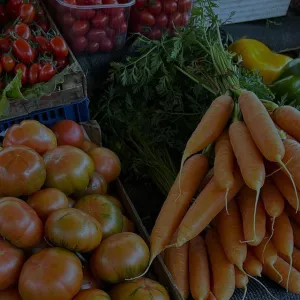Global Initiative Reveals Huge Gaps in Knowledge About What We Eat
WASHINGTON D.C. | April 8, 2024 — A ground-breaking new paper published in Nature Food from the Periodic Table of Food Initiative (PTFI) exposes a critical gap in our scientific understanding of the foods we eat. It unveils a meticulously curated list of 1,650 nutritionally and culturally diverse foods for biochemical analysis, of which more than 1,000 are not included in any globally recognized food composition databases.

Global Initiative Reveals Huge Gaps in Knowledge About What We Eat
WASHINGTON D.C. | April 8, 2024 — A ground-breaking new paper published in Nature Food from the Periodic Table of Food Initiative (PTFI) exposes a critical gap in our scientific understanding of the foods we eat. It unveils a meticulously curated list of 1,650 nutritionally and culturally diverse foods for biochemical analysis, of which more than 1,000 are not included in any globally recognized food composition databases. Such databases are typically used to issue dietary guidelines and to guide agricultural policies.
“A substantial portion of what humanity consumes remains a scientific mystery,” said Selena Ahmed, Global Director of PTFI at the American Heart Association, which co-facilitates the PTFI Secretariat. “Not only have these foods been invisible to nutritional science, but an estimated 95% of the biomolecules in food have escaped our analysis and don’t appear on food labels. We may think we know what we’re eating, but most of the time, we have limited understanding.”
The 1,650 foods on the list stand in contrast to the narrowness of most human diets today. Only three main crops — wheat, maize and rice — provide almost half of global calories and are largely grown as monocultures.
The list was compiled through a global participatory process involving 40 experts from regions around the world. It represents a cornucopia of foods chosen for their contribution to the human diet, cultural relevance, diversity and innovation potential as the climate changes. Along with the American Heart Association, PTFI is facilitated by the collective leadership of the Alliance of Bioversity International and CIAT, which contribute scientific advice and knowledge to the initiative.

